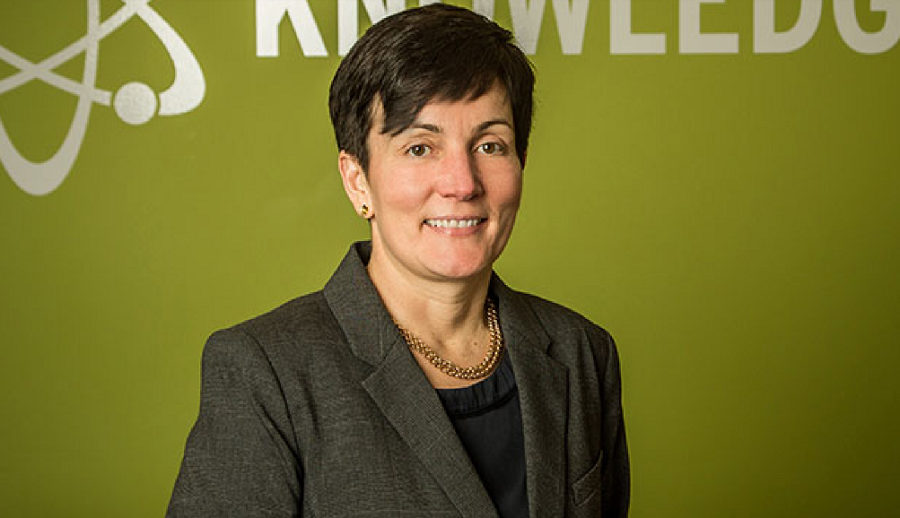The Interim MD and COO of the International Finance Corporation (IFC), the private sector arm of World Bank, Stephanie von Friedeburg, has stated that for the global economy to achieve the desired recovery and remain resilient in 2021 and beyond, the private sector participation is very important.
She made this disclosure at the special year-end edition of The Development Podcast, featuring her and the President of the World Bank, David Malpass, where she shared her thoughts on some critical events that happened in year 2020 and reflected on key priorities that would drive the global economy towards a resilient recovery in 2021.
According to Stephanie von Friedeburg, “I think the private sector is probably more important now than we’ve ever been in helping the global economy kick-start growth, as we emerge from this pandemic. And I say that because I’m sure we’ll come to this later, but we know there’s just limited fiscal space in our countries of operation and especially in the poorest countries in the world.
“Governments don’t have the capacity to continue to create the economic growth and the jobs that are needed for the citizens in those countries. And so the private sector can and must play a super important role. But even before the crisis, we knew that in those poorest countries, finding ways for the private sector to intervene was extremely difficult.”
What IFC is doing to reinvigorate the private sector participation
According to IFC Boss, Stephanie von Friedeburg:
- “During the COVID crisis, IFC, from its private-sector strategy perspective, adopted 3-pronged approach i.e. relief, restructuring and refinancing, which is considered desirable for building a more robust and resilient economy, as the fortunes of most businesses dramatically nose-dived over the course of the last year.
- “IFC is helping their countries of operation as well as the private sector hospitals/clinics figure out on how to get the equipment and supplies they might need by creating a global health platform – an innovative and interactive platform that links up private sector companies in both developed and developing worlds, to transact businesses.
- “IFC created country private sector diagnostics and country strategies with which they use to have conversations with their bank colleagues in finding out the key sectors in a particular economy where there are impediments or obstacles for the private sector to invest.
- “In view of the estimated decrease of $950 billion from domestic private investment and foreign direct investment in emerging markets this year, IFC is working towards getting the right policy and regulation and creating projects that will attract the money back to countries of operation fast enough to reach its goal by 2030.
- “Using the IFC 3.0 strategy, IFC intends to connect with its bank colleagues towards getting the right policy and regulation in place, so that the private sector enterprises can build and share infrastructures, such as mobile towers, internet backbones, open access networks, power, etc that would, to a large extent, reduce their cost of operations.
- “IFC 3.0 is designed to say, “How can we, IFC, partner with our World Bank colleagues, partner with other MDBs and get the right policy and regulatory environments in place to incense private sector investment? So we call it the cascade. But in essence saying if the private sector can invest and can build something out, use the private sector to do that and use your limited fiscal space as a government only in those places where the private sector can’t play. And then partnering with that is really us.”
What you should know
- The private sector is the engine of growth in any country.
- Successful private sector enterprises drive growth, create jobs, and pay the taxes that finance services and investments.
- In developing countries, the private sector generates 90% of jobs, funds 60% of all investments and provides more than 80% of government revenues.














